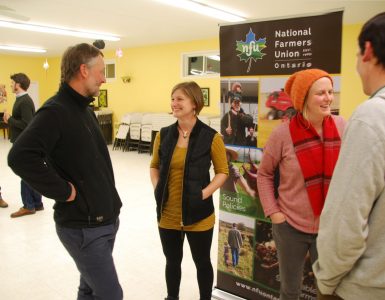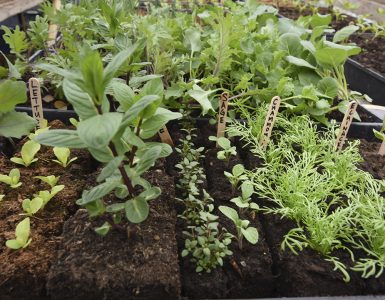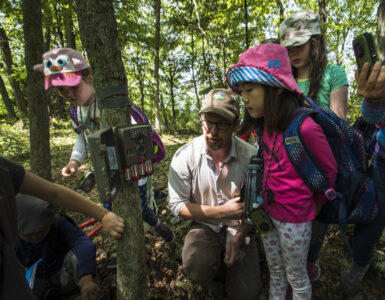It’s been five years since the Conservative government closed Canada’s prison farms. Since a thousand people marched and protested in Kingston. And those intervening years have made clear that every concern expressed by those protesting the closures was valid, and then some.
Start with the Tory disregard for democracy, shown five years ago in Harper’s refusal to engage with the public outcry or even share any documents that would support the closure of the farms, whether they be budgets or recidivism records.
Since then, Harper’s low opinion for the democratic process has showed in an accumulating list of wrongdoings and criminal investigations: contempt of Parliament rulings, robocalls directing voters away from the polls, and the endless scandals involving Harper’s senate appointees.
Harper’s scorn toward fair public debate of his policies appear to be reflected in his administration’s treatment of those who do—or don’t—speak up. Brian Abrams, the Conservative candidate who stayed publicly silent during the prison farm closure debacle, was rewarded by Harper with a position as a judge only weeks after his candidacy ended. Meanwhile, the local Executive Director of the John Howard Society, which depends on federal funding, spoke out in favour of the prison farms and was replaced.
It’s a favourite pastime for politicians of all stripes to stage photo-ops of themselves bedecked in plaid and sitting atop a tractor, perhaps wearing a cowboy hat. Everyone wants to look like they love farming. But beyond the prison farms, Conservative actions in the last five years have made clear their true feelings about agriculture.
For 70 years, grain farmers in western Canada depended on the Canadian Wheat Board to get a fair price for their product. But in defiance of a vote by farmers to keep the Wheat Board intact, Harper replaced the farmer-elected board members with his own appointees before confiscating its assets and stripping the board of its marketing power.
Now the Conservatives are selling what’s left of the Wheat Board to foreign investment corporations at fire sale prices. The immediate result has been a grain shipping boondoggle in the railway system, but in the longer term Harper has stolen the collective negotiating power of farmers and given foreign corporations the power to set prices for Canadian grain. Instead of being guaranteed a fair price, farmers are increasingly at the mercy of Harper’s corporate buddies.
And finally, events since 2010 have made it even clearer what a twisted idea of “justice” the Conservative party has. While crime in general (and violent crime in particular) has been falling for more than two decades, Harper has piled on the “public safety” rhetoric in order to gut rehabilitation programs for prisoners while simultaneously crowding more people into prisons, just as critics predicted.
A parliamentary report found that Canada’s prisoner population has grown 17 per cent in 10 years. The population of indigenous prisoners grew by 46 per cent, and the population of indigenous women in prison grew by 80 per cent. The report also found that “other visible minorities including black, Hispanic, Asian and Indian increased by almost 75 per cent” and that people of colour in prison were more likely be subjected to force and solitary confinement.
Harper’s security theater is not just play-acting; the Conservative disdain for rehabilitation and their drive to punish targets real people. And those real people are disproportionately people of colour.
I won’t tell you who to vote for, and clearly some of these problems require more than the five-minute act of voting to fix. But it’s worth noting that both the NDP and the Liberals have promised that if they are elected they’ll reopen the prison farms. And Kingston and the Islands NDP candidate Daniel Beals was on the front lines of many prison farm protests. There is big contrast between candidates who are actually involved in their community’s needs and Tory candidates who stay silent on issues of profound injustice because Harper tells them to.
Five years is an eon in the 24-hour news cycle, and Harper is no doubt hoping we’ll forget all this. But when I head to the ballot box this fall, you can be assured I will remember.
Aric McBay is a farmer and author.







